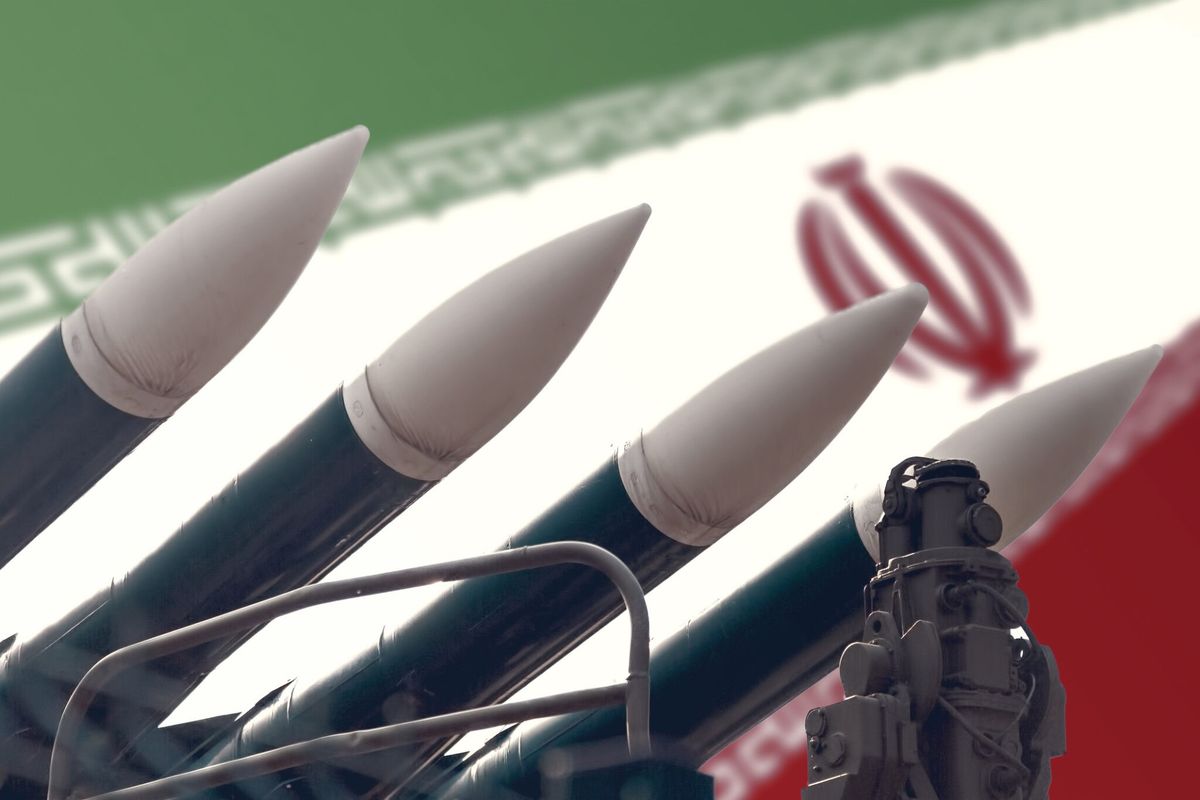The Yemen peace process has been on life support since late December, even though the nation is on the brink of a humanitarian catastrophe. G-7 foreign ministers all but threw up their hands at their meeting last week in Lucca, Italy, with a nearly rote statement calling for a renewed ceasefire and peace talks. With the war in Yemen entering its third year, there is ample blame for the impasse to go around. The Houthi rebels, Yemenis aligned with former Yemeni President Ali Abdullah Saleh, and the internationally recognized government led by President Abed Rabbo Mansour Hadi all share responsibility for the current predicament.
The Hadi government and others believe the stalemate can be broken by an amphibious assault against Hudaydah, a critical Red Sea port providing food and medicine to millions of Yemeni civilians caught in a brutal civil war. It won’t, though, and risks tipping Yemen into a terrible famine.
On April 11, the Hadi government once again reinforced the idea that the Hudaydah port was the next target in its offensive on the Red Sea coast. Yet, the Yemeni government and its backers in the Saudi-led coalition have alternatives to this approach – ones that would apply pressure on the Houthis and Saleh without the same humanitarian risks. But the United States will need to be clear what it is prepared to support and what it will not. Our views will hopefully shape the Coalition’s decision-making or, at a minimum, help distance the United States from certain actions that could intensify the crisis in Yemen. At the same time, the United States will need to resume its leadership in the diplomacy to end the war.
Those favoring the Hudaydah operation have argued that it would increase pressure on the Houthis and prevent the flow of Iranian arms into Yemen. They argue that a victory there could create momentum, in turn driving a wedge between the tribes that control Sana’a, Yemen’s capital, and their Houthi occupiers. The flow of Iranian arms to the Houthis is a serious concern. French, Australian, and U.S. warships have intercepted small ships known as dhows that favored by arms smugglers in the Arabian Sea for carrying Iranian weapons. However, most dhows do not need the Hudaydah port to disembark their cargo. Therefore, instead of taking control of the port, the Yemeni government and the coalition should focus their efforts to interdict the smuggling of weapons by dhows up and down the coasts.
Targeting Hudaydah risks a significant break in the flow of food and medicine to Sana’a, a city of 1.7 million, and to central and northern Yemen. The UN recently reported that 7 million Yemenis face starvation. About 70 to 80 percent of UN humanitarian assistance enters the country through Hudaydah. If battle lines form around the port city, Yemenis living in areas still controlled by the Houthis could have little or no access to the aid. While one or two convoys may navigate their way through the battle lines, this approach does not work at scale.
Much of the battlefield is stalemated in part due to Yemen’s mountainous terrain. The Houthis have used the rugged landscape to defend Sana’a’s northern gate in the Nihm District. The mountains have also enabled Houthi hit-and-run attacks along the Saudi-Yemeni border and inside Saudi Arabia itself. Hadi-aligned forces have similarly attempted an offensive against the Houthis in northern Yemen near Kitaf, about 57 kilometers from Sadah, the capital of the Houthi homeland province, but have yet to make significant progress.
One option for pro-Hadi forces would be to strengthen the offensive near Kitaf – a move that would menace Sadah and likely relieve pressure on other fronts. This plan of action requires more local forces and better leadership. Expanding the Kitaf offensive and reinforcing it with coalition support could provide important military pressure comparable to taking the Hudaydah port, without risking the same humanitarian consequences. This military choice could be more effective – and less compromised – at rebalancing the negotiations.
However, military force alone will not resolve this conflict. The United States must renew its leadership on the diplomatic side. Last year, the United States worked with the UN to develop a Yemen Roadmap for the peace process. Former U.S. Secretary of State John Kerry and Saudi Foreign Minister Adel al-Jubeir announced this new approach in an August 25 press conference in Riyadh, Saudi Arabia. In November, former Secretary Kerry was able to secure an important signed statement from the Houthis and Saleh’s party accepting sequenced political and security steps outlined in the Roadmap as a basis for negotiations. However, the Hadi government flatly rejected the Roadmap shortly thereafter.
Before the introduction of the Yemen Roadmap, the UN-led peace process in Yemen was dominated by UN Security Council Resolution (UNSCR) 2216, which demanded an unconditional withdrawal by Houthi forces from all areas seized during the conflict and the immediate return of all weapons acquired from Yemeni security institutions. During the negotiations, Hadi’s government sought Houthi agreements on key security demands set forth in UNSCR 2216 before offering to memorialize any political amendments – including how the Houthis would be included in the new unity government – in writing. As a result, the Houthis resisted detailed discussions about the security steps and the UN-facilitated negotiations made only limited progress.
In contrast, the Yemen Roadmap, which was endorsed by the Gulf Cooperation Council last August, establishes specific, sequenced political and security steps and makes clear that these steps along with any others would be negotiated simultaneously. The sequence starts with a significant political step, the replacement of Hadi’s vice president, as a sign that a meaningful political transition is commencing. However, this step has to be followed by a critical security measure – a Houthi withdrawal from Sana’a – to be fully realized. Future negotiations could adjust the sequence proposed in the Yemen Roadmap, but it is the right place to restart this process. Reverting to the approach before the Roadmap is a recipe for continued stalemate.
There are tough choices ahead. Escalation in Hudaydah would create severe humanitarian hardship. Exclusive focus on Resolution 2216 would surrender the progress made in November. Instead, U.S. diplomacy and military force need to be calibrated to address – not escalate – the conflict in Yemen.














